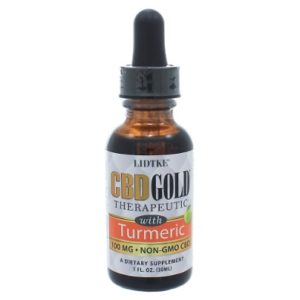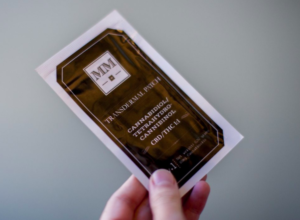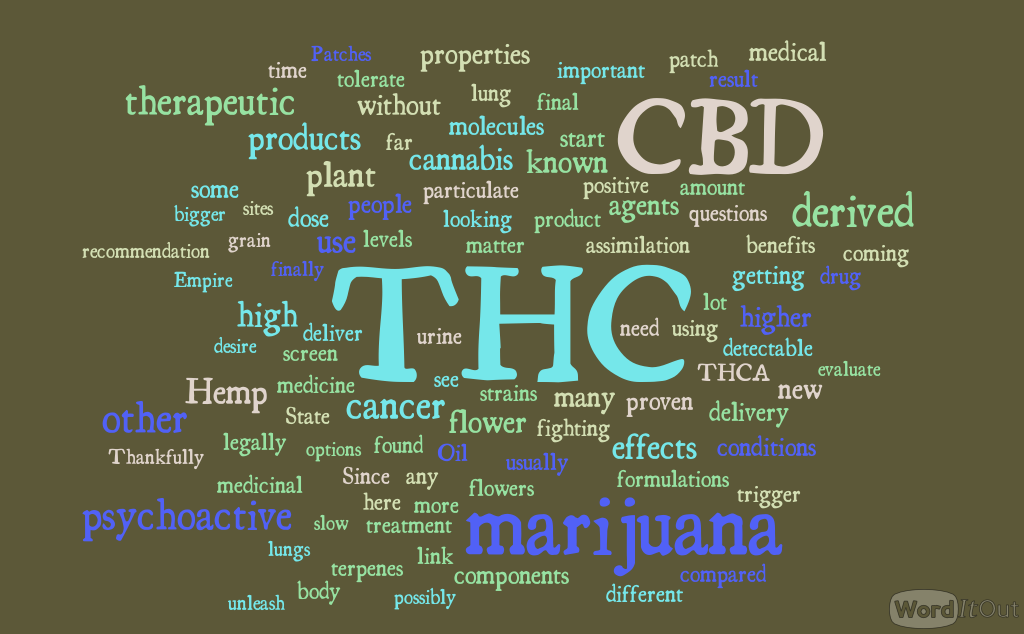I have been getting a lot of questions lately regarding the medical use of marijuana, especially in cancer therapeutics, and some of its isolated components such as THC and CBD. Marijuana is more than just THC and CBD, there are many other interesting components such as terpenes that have proven cancer fighting powers. Interestingly, people who smoke marijuana have no greater chance of getting lung cancer compared to non-smokers, even though the particulate matter associated with combustion is a significant and proven hazard to your lungs. Scientists are considering the possible link to terpenes which may protect the lung cells from becoming cancerous in the presence of a provoking agent such as the heat and particulate matter found in marijuana that is smoked.
Patients who are interested in using medical cannabis have a lot of questions and hopefully some of this info will help. Since the state of CA has voted to allow marijuana to be consumed legally for any purpose, many people are looking to possibly incorporate this medicinal herb into their treatment plan without the psychoactive effects known as ‘being high’.
The question I get most is: Will it get me high? To answer this, one must understand the difference between the psychoactive components of marijuana known as THC, and the other important molecules known as cannabidiols or CBD that do not have any psychoactive effects.
CBD and THC tend to cancel each other out in the plant, meaning different cultivars (strains) of marijuana are selected to be either high in THC or high in CBD. Since THC is the active psychoactive ingredient in marijuana, the recreational industry focuses here, but medically focused growers are on the other end usually select plant strains that produce higher CBD quantities.
THC is always derived from the flowers or buds of the plant while CBD is found throughout the plant in the leaves and stems. CBD can be derived from hemp or from cannabis flowers. Hemp derived CBD has non-detectable levels of THC and can be purchased legally in California without a medical marijuana recommendation from sites such as Natural Partners. Hemp derived CBD should have no psychoactive properties and its use should not result in detectable metabolites of THC that trigger a positive THC urine drug screen.
 Hemp derived CBD is very therapeutic but will have a different make up compared to flower derived CBD. Because the flower has a higher percentage of THC which finds its way into the final product, flower derived CBD contains detectable levels of THC, may trigger a positive urine THC screen and may induce slight psychoactive effects, especially for first time users. Note that these effects should be mild and CBD is very easy to dose via dropper bottle, so you can start with a low dose and see how well you tolerate it before upping to a therapeutic dose.
Hemp derived CBD is very therapeutic but will have a different make up compared to flower derived CBD. Because the flower has a higher percentage of THC which finds its way into the final product, flower derived CBD contains detectable levels of THC, may trigger a positive urine THC screen and may induce slight psychoactive effects, especially for first time users. Note that these effects should be mild and CBD is very easy to dose via dropper bottle, so you can start with a low dose and see how well you tolerate it before upping to a therapeutic dose.
Those looking to use cannabis products medicinally should start with hemp derived CBD, then flower derived CBD and then evaluate if you will need to move up to THC products. If you desire to use cannabis for cancer treatment or to treat other, non-chronic and potentially life-threatening conditions, you may need to use THC products to pick up a higher level of the other therapeutic agents such as the cancer fighting terpene family of molecules. In the purification and preparation of cannabis products, the method of extraction and original source of the material (flower vs whole plant) will dictate the chemical make-up of the final product.
The internet is awash with stories of healing cancer with marijuana products and there is a popular strain of THC known as Rick Simpson Oil that has proven anti-cancer properties and a compelling cancer survival story by the oil’s namesake. The problem here is that this oil is usually +80% THC, so ingesting an amount no bigger than a grain of rice will get you higher than the Empire State.
Thankfully, we are no longer ignoring the therapeutic properties of marijuana and new formulations can deliver the therapeutic agents without getting you high. A new class of THC known as THCA is an unactivated form of THC and, if not heated, will deliver some of the plants benefits without the psychoactive effect of THC. It is unknown at this time if THCA is effective for cancer therapy, but studies so far have shown benefits for anti-nausea, anti-epilepsy and other conditions (see link below).
New formulations are coming to market every day, check out this transdermal patch that lists a 1:1 ratio of CBD to THC. Patches designed by Mary’s Medicinals address the conundrum of needing THC to get the ant-cancer fighters into your body. By using the patch, you slow the migration of the psychoactive THC but get steady delivery of CBD and other molecules. The result is more therapeutic delivery, better assimilation in the body and less high. 
For those that can tolerate or welcome the psychoactive effects of marijuana and want to use THC products for cancer therapeutics or other conditions will find many options for drug delivery. Those new to marijuana and coming for medicinal properties are wise to start with hemp derived CBD from brands like Lidtke (standards are important for purity, to avoid THC and for assimilation of the therapeutic agents).
We are entering a scientific renaissance with marijuana research, we are finally evaluating and unleashing powerful medicine that shows promise for many diseases and disorders with little to no side effects. The amount of people seeking this medicine is increasing as we de-stigmatize this mysterious plant and unleash its therapeutic agents far removed from the haze of reefer madness.
In Health,
Dr. Coleen Murphy ND, LAc.
Transdermal Delivery of Terpenes, CBD and CBN
https://www.leafly.com/news/strains-products/what-are-marijuana-transdermal-patches
Combustion of Marijuana Not Correlated to Lung Cancer
https://www.webmd.com/lung-cancer/news/20060523/pot-smoking-not-linked-to-lung-cancer#1
National Cancer Institute-Cannabis Info
https://www.cancer.gov/about-cancer/treatment/cam/patient/cannabis-pdq/#link/_13
THCA-About and Clinical Use
THC-A (THCA) is unactivated THC, while the molecule still holds the acidic structure of THC, it’s not activated yet so consuming this on its own without activating it would null the effects. When heated THCA isolate converts to THC and creates a powerful high with a potency of 95%-100%. Left unheated, it can be ingested orally to experience medicinal benefits without psychoactive effects. THCA Isolate is created by removing all impurities through a special refinement process, leaving a pure THCA powder.
https://www.projectcbd.org/ciencia/cannabis-dosing/dosing-thca-less-more

